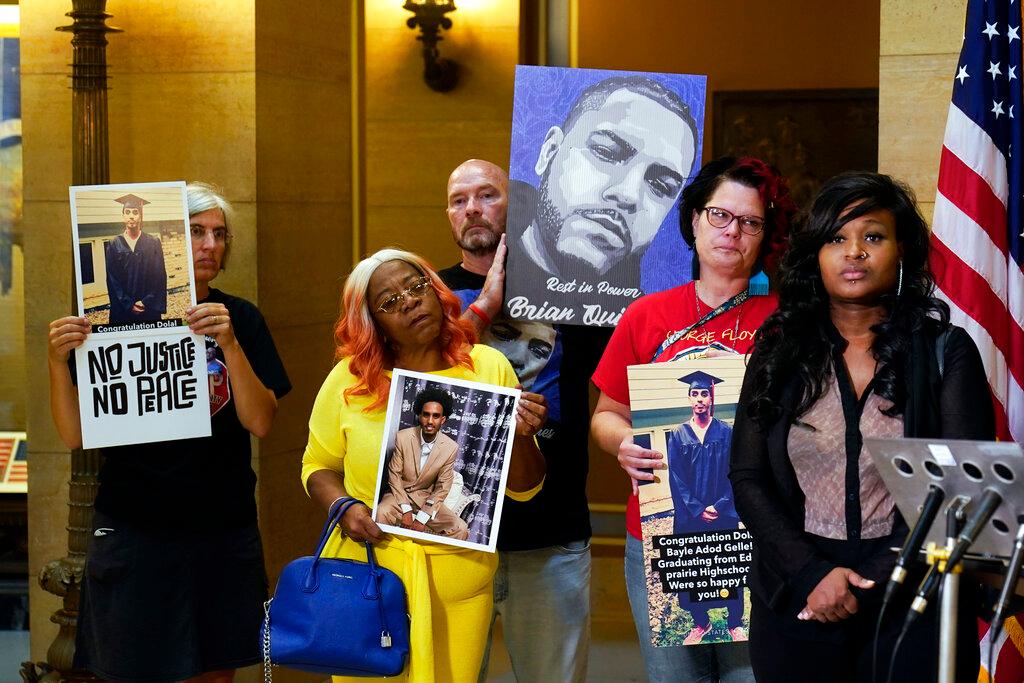MINNEAPOLIS—The Minnesota Senate approved a modest set of police accountability measures early Wednesday that’s part of a broader public safety budget bill, as the state’s divided Legislature put itself on pace to avert a partial state government shutdown.
The Senate’s 45–21 vote followed a 75–59 vote in the Minnesota House on Tuesday night, and it came on the heels of last week’s sentencing of former Minneapolis police Officer Derek Chauvin to 22-and-a-half years for murder in the death of George Floyd. The bill attracted Republican support in both chambers, while some Democrats who said it didn’t go far enough voted no. It now goes to Democratic Gov. Tim Walz for his signature.





